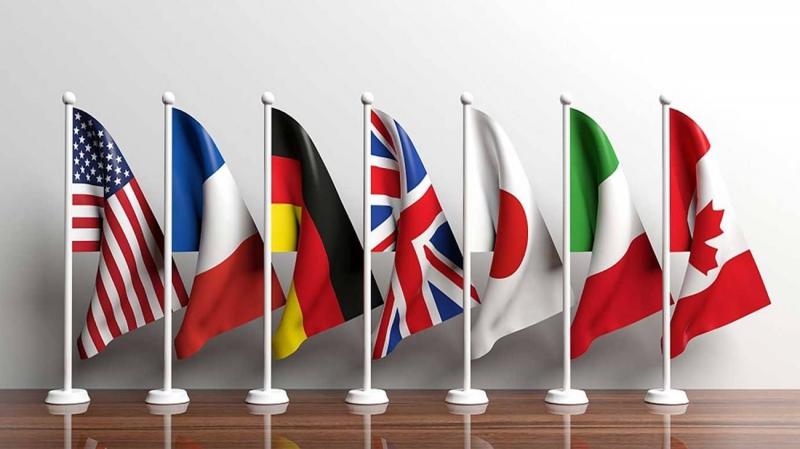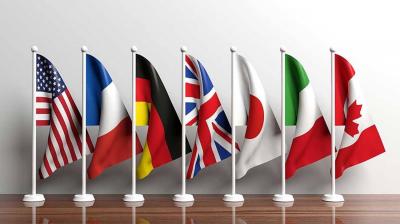The Group of Seven major industrialized nations set ambitious new goals for solar and wind energy generation capacity on Sunday. They agreed to accelerate the development of renewable energy sources and move more quickly towards phasing out fossil fuels. In their joint statement, member countries pledged to increase offshore wind energy generation capacity by a total of 150 megawatts by 2030 and solar energy generation to over one terawatt.
The member countries noted that investment in the gas sector "can be appropriate" to address potential energy market shortages due to the crisis in Ukraine, provided those investments are made in alignment with climate change targets. However, the group did not reach an agreement on a 2030 deadline for phasing out coal, a target sought by Canada and other nations, and left the door open for continued investment in gas, stating that the sector could help manage potential energy shortages.
The member nations agreed to accelerate the gradual phase-out of fossil fuel usage without carbon capture technologies to achieve complete emissions neutrality in energy systems by 2050 at the latest.
The foreign ministers of the G7 countries concluded two days of meetings in Sapporo, northern Japan, addressing climate, energy, and environmental policy issues. The importance of renewable energy sources and energy security has increased following Russia's attack on Ukraine.
EU foreign policy chief Josep Borrell stated that relations between China and Europe will be determined by Beijing's actions, including what happens with Taiwan. He added, "Anything that happens in the Taiwan Strait will mean a lot to us," emphasizing the need to engage with China and keep communication channels open.




